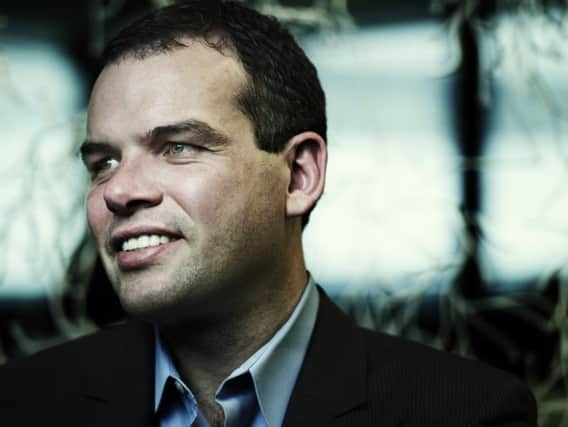Sheffield-based software firm WANdisco supports EU-funded fight against dementia


Sheffield-based WANdisco is using its expertise to support a European Union (EU) funded initiative which could make it easier for doctors to spot the early signs of dementia, a disease which killed more than 61,000 people in England and Wales last year.
A WANdisco spokesman said: “Dementia develops as a result of the interaction of genetic, non-genetic and environmental factors.
Advertisement
Hide AdAdvertisement
Hide Ad“Large quantities of the behavioural, genetic, environmental and clinical data relating to those factors is already being generated in laboratories all over the world.
“Until recently, it has been impossible to store and process such massive and diverse data sets.”
The University of Sheffield’s Center for Computational Imaging & Simulation Technologies in Biomedicine has started to analyse this data with WANdisco’s Active Transactional Data Replication technology.
This enables large volumes of data to be moved between eight different cloud providers, so it can be analysed by more than 950 applications.
Advertisement
Hide AdAdvertisement
Hide AdThe data is then used in a series of computer platforms available throughout the EU.
The first is the clinical research platform Multix, which allows researchers to collate large amounts of information such as MRI scans, physiological data and patient histories.
The WANdisco spokesman added: “The data from Multix can then be incorporated into a patient care platform or - PCP - which allows doctors to input patient data, and take advantage of all the knowledge already created by Multix.
“The PCP also helps doctors to analyse their patients’ cognitive and motor skills as well as lifestyle and environmental factors. This also feeds back into the Multix.
Advertisement
Hide AdAdvertisement
Hide Ad“Finally, an online citizens’ portal with games and questions also collects data from those at risk of developing dementia.
“The researchers hope to be able to combine this data with novel biomarkers to provide new and feasible ways to screen for dementia before symptoms appear,’’ the spokesman said. This would enable the provision of the right care at the right time, while maximising the quality of life for the patients and reducing the burden on health systems.”
David Richards, the chief executive of WANdisco, said that cloud computing gives researchers the ability to store, and query, vast amounts of data very quickly.
Alejandro Frangi, the professor of Biomedical Image Computing at Sheffield University, said that, despite scientific progress, the speed with which people are diagnosed with dementia varies around the world.
Advertisement
Hide AdAdvertisement
Hide AdIn Germany, for example, the delay between the symptoms of dementia appearing to diagnosis is 10 months, on average. In Britain, this delay has an average of 32 months.
Mr Frangi hopes that the project will lead to the development of a software platform which can be used in the UK’s dementia clinics to spot the early signs of dementia, and identify the different forms of the disease.
Mr Frangi is working on two projects - VPH-Dare@IT, which is funded by the EU, and OCEAN, which is funded by the Engineering and Physical Sciences Research Council (EPSRC).
Mr Frangi added: “This is a partnership against the leading cause of death in England and Wales.”